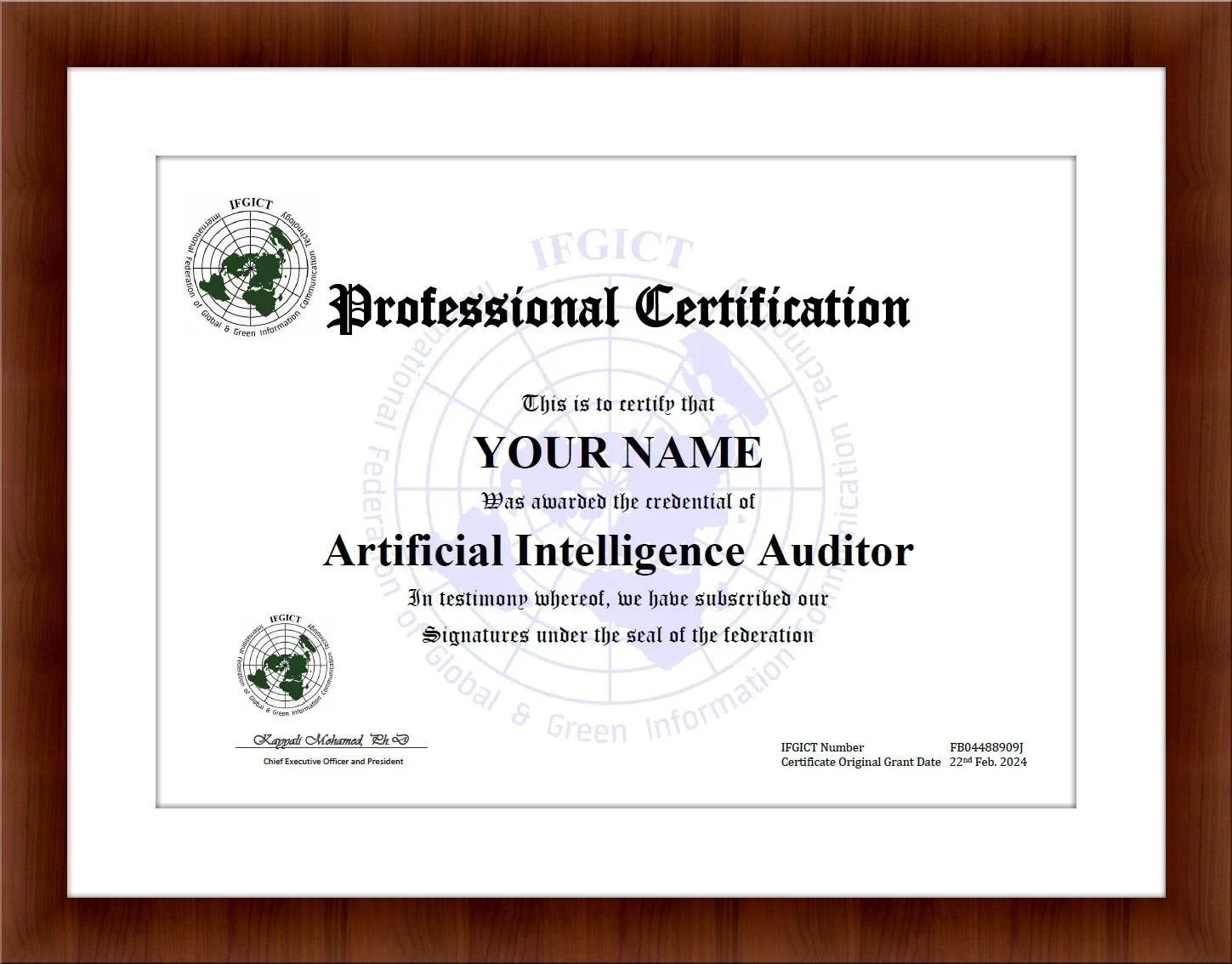Becoming an Event Planner: A Guide for Aspiring High School Students

Event planning is an exhilarating and dynamic profession that has attracted many individuals seeking a creative and sociable career path. With the industry constantly evolving and expanding, it offers a multitude of opportunities across various sectors including weddings, corporate events, and festivals. High school students who are drawn to event planning can start early to gain a head start in this competitive field. Below, we delve into an informative guide for those aspiring to weave their magic into the fabric of memorable events.
Education and Certification: Pathways to a Professional Event Planning Career
While talent and aptitude are significant, a strong educational foundation can catapult a high school student’s ambition into a solidified career. There are specific pathways tailored to those aspiring to enter the event planning sector. Pursuing a degree in hospitality management, public relations, business, or a closely related field can provide the necessary knowledge and credentials.
High school students should also consider the value of scholarships for high school sophomores, which can support their pursuit of higher education relevant to event planning. These financial aids can alleviate the burden of tuition costs and allow students to focus on excelling academically and developing practical skills.
Furthermore, certifications such as the Certified Meeting Professional (CMP) designation can enhance a resume. These programs offer specialized training and are recognized by the industry as a mark of professionalism and expertise. Students can prepare for such certifications by engaging in related coursework and industry-specific seminars or workshops.
Additionally, undertaking a Bachelor of Arts in Professional Studies can be an excellent choice for those looking for a flexible and comprehensive curriculum that aligns with the multifaceted requirements of event planning. This type of professional studies program can help students develop a broad skill set that is highly valued in the event planning industry.
Exploring the Role of an Event Planner: Understanding the Basics
The role of an event planner is multifaceted, requiring a blend of vision, coordination, and grace under pressure. At its core, event planning involves conceptualizing and executing functions from intimate gatherings to grandiose conventions. Planners must be adept at managing budgets, selecting venues, securing vendors, and ensuring a seamless execution of the event’s itinerary.
Moreover, being an event planner is not just about logistics; it’s also about creating experiences. The ability to tailor an event that resonates with a client’s desires demands creativity and a deep understanding of current trends. Event organizer Singapore must also be excellent communicators, able to negotiate contracts and coordinate between various stakeholders.
Frequently, planners work under tight schedules, making problem-solving skills indispensable. They must be prepared to tackle unexpected issues while keeping clients reassured and the event on track. Flexibility and the capacity to think quickly on one’s feet can often be the difference between success and an event falling apart.
Essential Skills for Aspiring Event Planners in High School

Even in high school, there are certain skills that students can develop to pave the way for a future in event planning. Leadership and organizational skills top this list, as they are fundamental to orchestrating events of all sizes. Students can hone these by leading school projects, clubs, or even small-scale events.
Creativity and an eye for design are also crucial. These can be nurtured through diverse avenues such as art classes, design clubs, or by following industry trends through media and attending local events. Experimenting with themes, décor, and color schemes in any project can feed into an event planner’s toolkit of inspirations.
Interpersonal skills cannot be overstated. Successful event planners are master networkers and can build rapport with clients and vendors alike. Participating in debate clubs, public speaking classes, or drama societies can refine a student’s communication prowess.
Gaining Experience: Tips for High School Students to Break into Event Planning
Experience is a currency in the event planning sphere, and high school students should seek out opportunities to gain practical exposure. Volunteering for local events, nonprofits, or internships with event companies can provide a firsthand look at the intricacies of planning and execution. These experiences can also be instrumental in understanding client needs and industry standards.
Furthermore, students should not shy away from initiating their own events, no matter the scale. Organizing school dances, charity fundraisers, or community events can serve as valuable experiences that simulate real-world challenges. These endeavors showcase initiative and leadership, qualities prized by future employers.
Overall, the road to becoming a successful event planner begins early, with high school students positioning themselves advantageously through skill development, education, and gaining real-world experience. By taking proactive steps to immerse themselves in the industry and build a robust network, the transition from aspiring planner to professional can be both seamless and rewarding.





